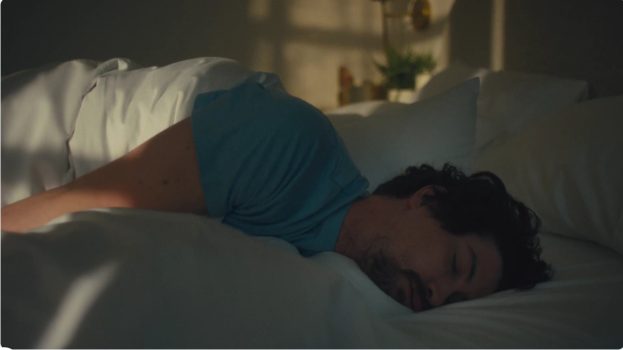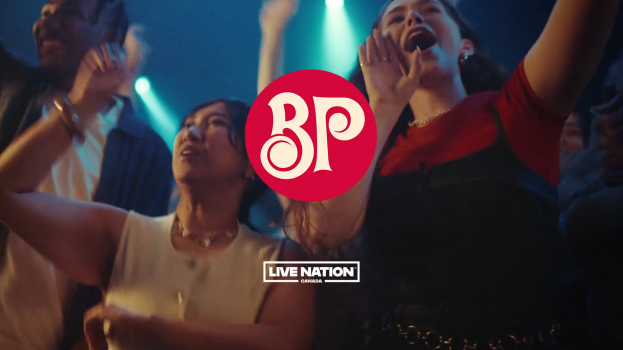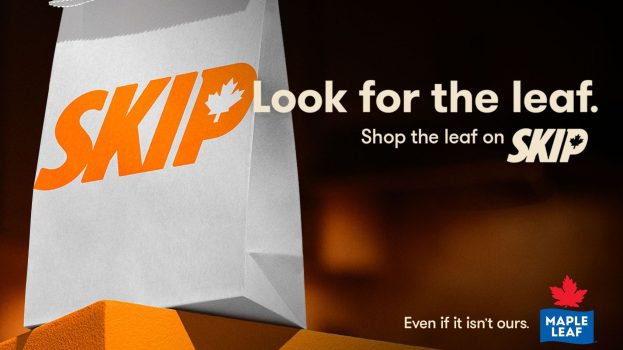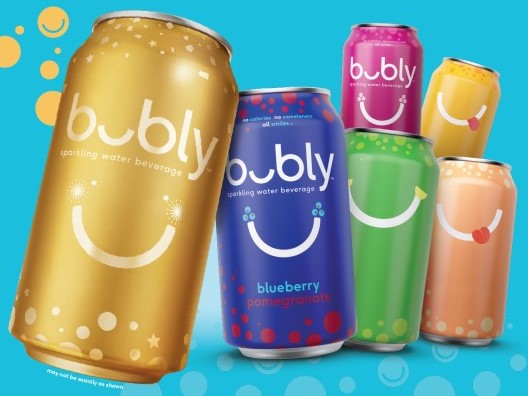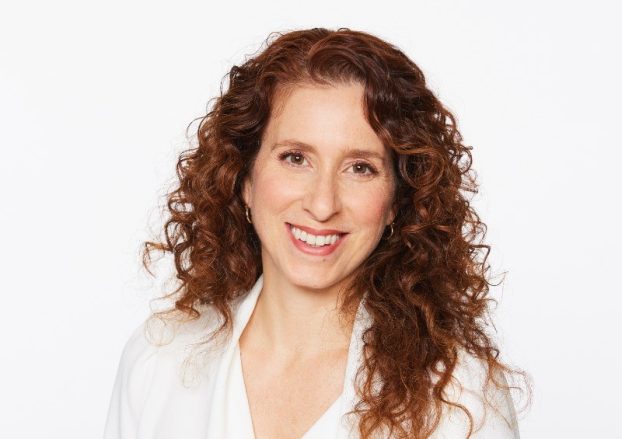
Voice assistants, of which there are expected to be as many as 8 billion in the world come 2023, can help make life easier and more seamless – if it understands your speech patterns.
This presents a unique challenge to people with Down syndrome, whose non-standard speech patterns can be difficult for voice-enabled devices to recognize and understand accurately. According to Google, for people with Down syndrome, the error rate is, on average, one in every three words.
That’s where a new program from the Canadian Down Syndrome Society (CDSS) comes in. Led once again by FCB Canada, the pro bono “Project Understood” campaign brings the CDSS and Google together to help solve one of voice-enabled tech’s biggest shortcomings.
As the AI behind voice assistants is only as good as the data it is trained on, the idea behind “Project Understood” is to recruit people with Down syndrome to “donate” their voices to the program. Creative directs viewers to ProjectUnderstood.ca, where they can sign up, record phrases online and ultimately help Google improve the accuracy of its voice-recognition models.
[iframe_youtube video=”9ET-4k_AiEI”]
Though earned media is playing a big role in getting the word out, the effort includes videos targeting people with Down syndrome, as well as engagement with organizations that support those in the community, says Laura LaChance, interim executive director of CDSS.
“One of the goals is certainly to spread the word about unintelligibility,” she says. “It’s very difficult for some people with Down syndrome, many of them do have difficulty with expressive speech to be understood by voice assistants. They’re very frustrated in a family setting, where the siblings can be understood, but they can’t be.”
Since the underlying tech is dependent on algorithms learning through processing mass amounts of data, “Project Understood” aims to collect voice data from adults with Down syndrome in order to improve voice-recognition models. In short: the more data companies like Google can collect, the more accurate its devices can become at recognizing the full range of speech patterns.
“We thought that although voice technology is moving ahead at lightning speed, people with atypical speech are really being left out of that voice-first revolution,” says Nancy Crimi-Lamanna, FCB Canada’s co-CCO. “Which is really ironic, because they are the people who actually stand to benefit from it the most. Being able to do things just by using their voice will lead to life-changing independence for them.”
[iframe_youtube video=”OOtR9cvGEww”]
FCB has worked with the CDSS on campaigns over the last four years, including the award-winning “Down Syndrome Answers” and “Anything but Sorry” campaigns. The campaigns are launched annually to coincide with Canadian Down Syndrome Week in early November. Last year, “Endangered Syndrome” (also an award-winner) saw the non-profit apply to the International Union for the Conservation of Nature to have people with Down syndrome become the first group of humans listed as “endangered.”
“We always look at very specific moments in time when we can affect change for people with Down syndrome,” Crimi-Lamanna says. “For ‘Down Syndrome Answers,’ it was specifically the moment of birth, and the moment of diagnosis. ‘Anything But Sorry’ was the moment of birth and people’s reaction to that moment of birth.” Over the last two years, the CDSS has gradually moved into adult life, targeting hurdles that can keep adults with Down syndrome from achieving independence, as well as their families.
Crimi-Lamanna describes this as the various campaigns’ unifying platform: making members of the Down syndrome community advocates for themselves.
“Regardless if it’s pro-bono or not, when you can develop a platform, you can see the power of it over many years,” she says. “Creating a voice for the Down syndrome community has been our platform. We always put them at the centre of everything we do.”
LaChance says the brief was fairly straightforward: get voice technology to better understand people with Down syndrome – a goal that could, in the long run, help any person with atypical speech. After months of research and discussions with various potential partners, FCB Canada reached out to Google. The idea was eventually championed by Kris Hoet, FCB EVP and global head of innovation, who put the Canadian team in touch with an advocate at Google who also has non-standard speech.

